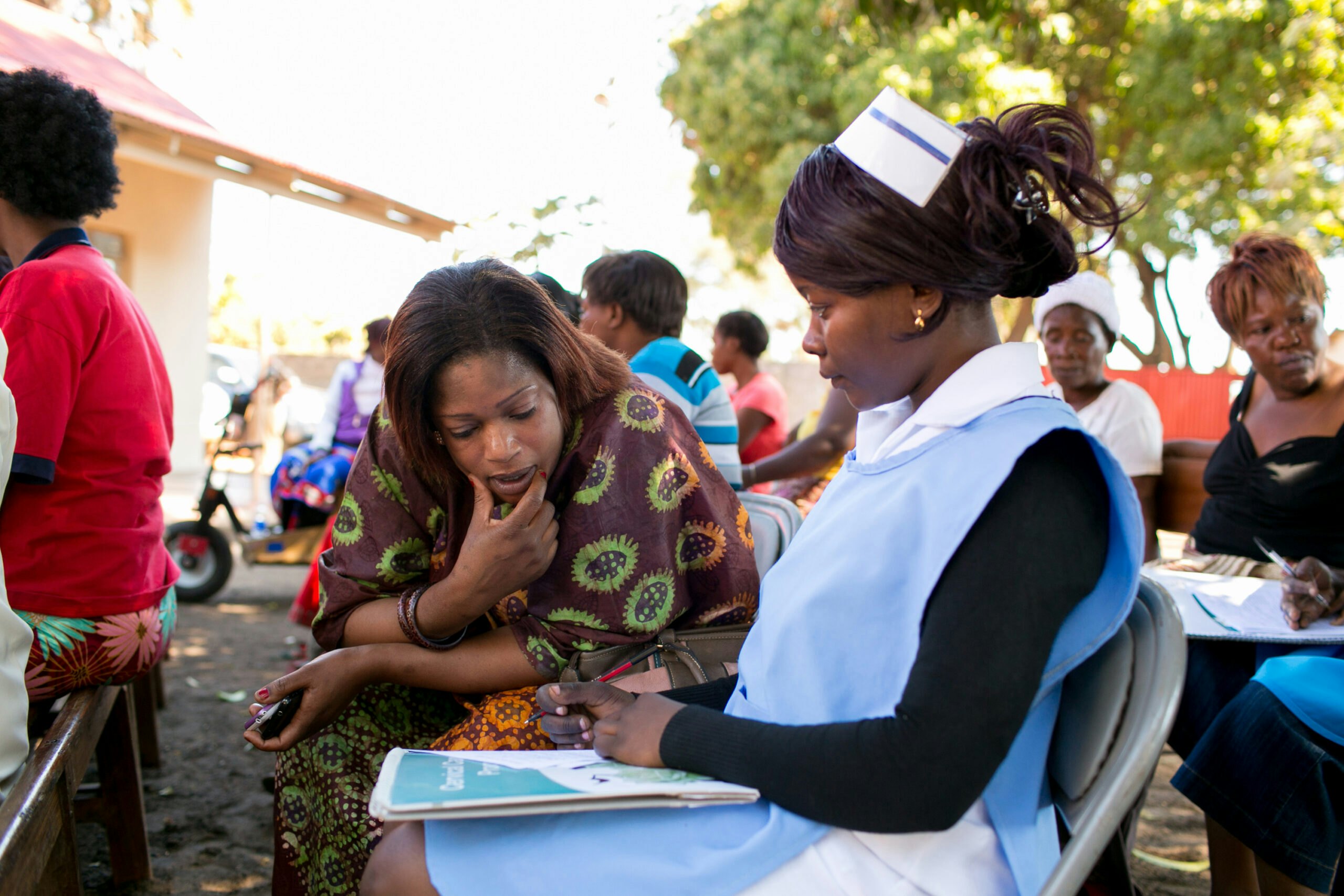In early 2000, an estimated 36 million people were living with HIV/AIDS and nearly 22 million lives had been taken by the disease. In areas with incredible rates of HIV, entire villages were run by orphans. Former White House speechwriter and Senior Policy Advisor Michael Gerson noted “[it looked] like a neutron bomb that destroyed a generation… we were facing a cresting wave of death.” Then President of Botswana, Festus G. Mogae, warned that his country was threatened with extinction – a “crisis of the first magnitude.”
In the Texas Governor’s mansion, Dr. Condoleezza Rice and soon-to-be President George W. Bush reflected on these stories and decided that the administration’s agenda in Africa needed to address AIDS. Both were driven by their faith and the moral obligation of to whom much is given, much is required. In 2003, President Bush acted upon those obligations and made an appeal to the American people to create an emergency program that would change the course of the HIV/AIDS pandemic– the President’s Emergency Plan for AIDS Relief (PEPFAR).
In a recent interview with MSNBC’s Morning Joe, Dr. Rice reflected on the early days of the pandemic and called upon the American people to preserve the program. She noted that America is at its best not only when it leads from power, but when it leads from principle and compassion. The daughter of a minister, Dr. Rice knew that when the program was announced she was not only acting under her responsibility as a national security advisor but also from a place of deep faith.
Twenty years later, PEPFAR has saved 25 million lives and allowed 5.5 million babies to be born HIV-free. Seven million orphans, vulnerable children, and their caregivers have been provided with critical care and support. Dr. Rice shared that throughout Africa, PEPFAR is looked at as the American people. Failing to continue this program doesn’t do justice to the compassionate soul of America.





























